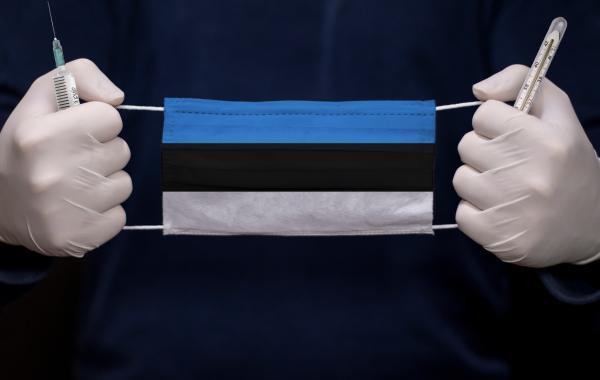
- The European Investment Bank and the Estonian Finance Ministry sign a €120 million COVID “top-up” facility to an existing €600 million loan for EU Funds co-financing, signed in 2014.
- This facility comes as extra COVID-support for Estonia, to finance testing capacity and vaccination campaigns as well as medical and non-medical equipment for hospitals.
The European Investment Bank (EIB) has extended a top-up of an existing EU Funds co-financing operation signed in 2014 with the Government of Estonia. The original €600 million will be topped up with another loan of €120 million, to finance COVID-19 related expenditure in the health and civil protection sector. The underlying projects to be financed through this agreement, include COVID-19 testing capacities and vaccination campaigns, as well as medical and non-medical equipment for hospitals.
The COVID-19 top-up will finance the operational and capital expenditures aimed at strengthening the emergency response of Estonia against the COVID–19 crisis, and is also expected to increase the mid- and long-term pandemic preparedness of the country, in line with the national strategic framework.
Märten Ross, Deputy Secretary General for Financial Policy and External Relations of Ministry of Finance of Estonia, commented: “In 2014, we signed a EUR 600 million loan facility with the EIB that went alongside grants from the EU to fund a wide range of important investment projects in Estonia. We are very pleased to increase this facility by EUR 120 million to finance COVID-related expenditure in the health and other sectors.”
EIB Vice-President Thomas Östros said: “The core mission of the European Investment Bank is to improve people’s lives through the projects it helps to finance. Never in our history was this mission as relevant as it is now, and we are glad that we can support Estonia by providing financing for COVID-related test capacity, vaccination campaigns and healthcare infrastructure. European financing can really make a difference on the ground, and the EIB is glad to provide where it can.”